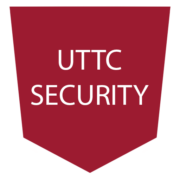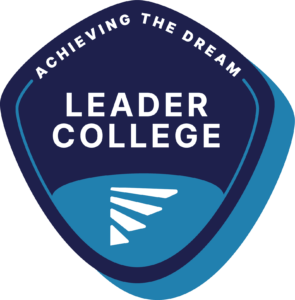What is an apprenticeship?
An apprenticeship is a paid job where you can develop your skills and talent through experience. They are a combination of on-the-job training and classroom learning.
It benefits students by creating a clear pathway to employment through a structured work-based learning program and builds interpersonal and technical skills through a sophisticated workplace experience. Once you finish an apprenticeship program, you become certified in that field and can take it with you everywhere!
Differences between internships and apprenticeships:
An internship and apprenticeship are both work-based learning programs; however, there are distinct differences. A college has the potential to leverage internships into apprenticeships.
| Basis of Comparison | Internships | Apprenticeships |
|---|---|---|
| Meaning | Students get to gain real-world exposure to their chosen industry or field and apply their classroom knowledge in a practical manner. | A program for any individual wanting to learn the skills of a specific industry or field and earn their degree at the same time. |
| Duration | Shorter (1-6 months). | Longer (minimum of one year, usually more) |
| Availability | Available across an array of fields and specializations, both technical and professional. | Available in more technical, skill-orientated, and training-orientated fields. |
| Nature | Work-related training. | Skill-based and technical training WITH work-related training. |
| Classroom Training | Often part of degree and diploma programs, including industrial training (high school CTE). | Apprenticeships can be pursued by any individual whether they are pursuing a degree/course or not. Academic or non-academic. |
| Paid or Unpaid | Both paid and unpaid. | Paid with wage progression. |
| Job Prospects | Lessor chances to get full-time employment but often pre-placement offers are provided to interns. No identifiable transferrable credential. | Given credit for prior education and work-based learning and often a full-time job with benefits. Transferable credential from the U.S. Department of Labor and academic or non-academic certificate, certification, or degree. |
Details
Registered Apprenticeships have been utilized to meet the needs of America’s skilled workforce for over 80 years. Registered apprenticeships are jobs where you earn your degree and get training in a field at the same time. While working on the job, you receive one-on-one, full-time training from a skilled staff member of the employer as well as related classroom instruction from the college you are attending.
Apprenticeship programs are for ambitious people of all ages who want to earn a salary while they learn, gaining real skills and knowledge. These programs offer employers the opportunity to strengthen and build their workforce providing a tailored high-quality pipeline. In this regard, Registered Apprenticeship (RA) programs effectively meet the needs of both employers and job seekers.
Registered Apprenticeship programs must provide at least 144 hours of related technical instruction (RTI) and a minimum of 2,000 hours of work-based learning (WBL) or on-the-job training (OJT).
Pathways to Academic Degrees
Apprentices earn a wage, gain job experience, and have a foot in the door with an employer before graduating from the program. Also, depending on the company, students may be eligible for company benefits such as health care and vacation. Finally, as part of an apprenticeship program, students earn a wage increase (at least annually) as their skills and knowledge develop.
The UTTC Apprenticeship Program allows for students to complete their apprenticeship requirements, all the training and education you receive will also qualify you for an academic degree through UTTC which is transferable to other universities if you choose to continue your education.
UTTC is a Registered Apprenticeship program sponsor. This means the college is an intermediary linking employers with potential apprentices, PLUS providing the RTI.
United Tribes Technical College Apprenticeship Program has money available for the student’s tuition, housing, and childcare if needed. For more information on this, reach out to the Apprenticeship Coordinator, Journey Azure.
Mentorship
The U.S. Department of Labor requires every apprentice to actively participate in a mentorship program. UTTC will train all mentors as part of the onboarding process of the company. Mentors are apprentice coaches and support student apprentices in their work-based learning. They are role models, encouragers, and positive thinkers. UTTC provides a one-hour training session for all employer mentors. Mentors spend time with their apprentices during work time to discuss their progress and address any issues or concerns.
Student Schedules
Students’ academic courses change every semester. It is not recommended to have a student apprentice work more than 20 hours a week while in school. Of course, this guideline depends on the courses taken during the semester or term. To overburden a student with a heavy course load as full-time or mandatory overtime in their work schedule does not benefit anyone, and the student will fail their courses, quit their job, or both.
Apprenticeship Opportunities
We’re excited to offer various apprenticeship opportunities.
To explore and apply for these positions, kindly visit our Jobs & Opportunities page – where we post all our apprenticeship openings.
We look forward to receiving your application!






